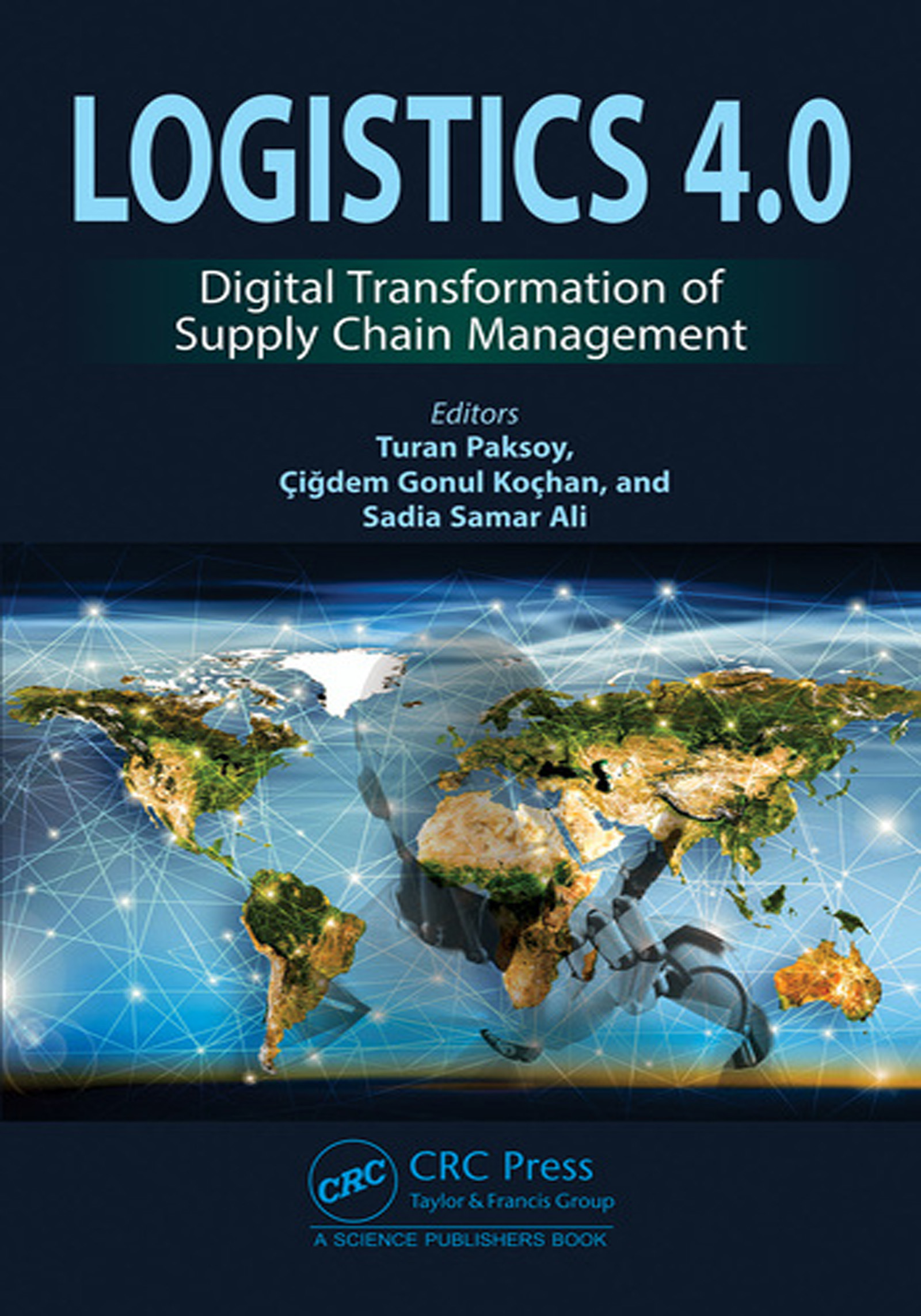- 中图分类号: F27
- 语种: ENG
- 出版信息: CRC Press 2020 369页
- EISBN: 9781000245103
- PISBN-P: 9780367340032
- 原文访问地址:
KG评星
知识图谱评星,是一种基于用户使用的评价体系,综合图书的评论数量、引文数量、Amazon评分以及图谱网络中节点的PageRank值(即考虑相邻节点数量和重要性)等多种因素计算而得出的评价数值。星级越高,推荐值越高。CAT核心级
核心学术资源(CAR)项目作为教图公司推出的一项知识型服务,旨在打造一套科学、有效的图书评价体系,并协助用户制定相应的馆藏建设方案。CAR项目调查和分析12所世界一流大学的藏书数据,以收藏学校的数量确定书目的核心级,核心级越高,代表书目的馆藏价值越高。选取核心级在三级以上,即三校以上共藏的图书作为核心书目(CAT)。Industrial revolutions have impacted both, manufacturing and service. From the steam engine to digital automated production, the industrial revolutions have conduced significant changes in operations and supply chain management (SCM) processes. Swift changes in manufacturing and service systems have led to phenomenal improvements in productivity. The fast-paced environment brings new challenges and opportunities for the companies that are associated with the adaptation to the new concepts such as Internet of Things (IoT) and Cyber Physical Systems, artificial intelligence (AI), robotics, cyber security, data analytics, block chain and cloud technology. These emerging technologies facilitated and expedited the birth of Logistics 4.0. Industrial Revolution 4.0 initiatives in SCM has attracted stakeholders ?attentions due to it is ability to empower using a set of technologies together that helps to execute more efficient production and distribution systems. This initiative has been called Logistics 4.0 of the fourth Industrial Revolution in SCM due to its high potential. Connecting entities, machines, physical items and enterprise resources to each other by using sensors, devices and the internet along the supply chains are the main attributes of Logistics 4.0. IoT enables customers to make more suitable and valuable decisions due to the data-driven structure of the Industry 4.0 paradigm. Besides that, the system ability of gathering and analyzing information about the environment at any given time and adapting itself to the rapid changes add significant value to the SCM processes. In this peer-reviewed book, experts from all over the world, in the field present a conceptual framework for Logistics 4.0 and provide examples for usage of Industry 4.0 tools in SCM. This book is a work that will be beneficial for both practitioners and students and academicians, as it covers the theoretical framework, on the one hand, and includes examples of practice and real world.







 京公网安备 11010602104826号
京公网安备 11010602104826号
